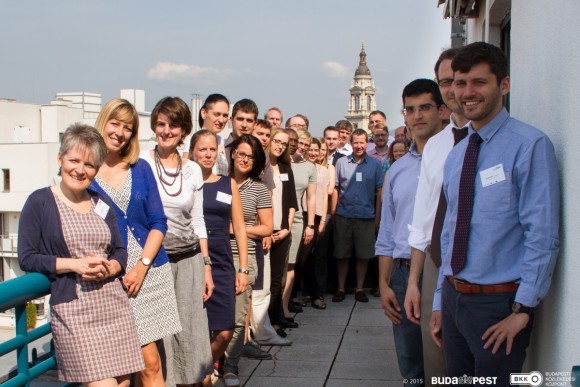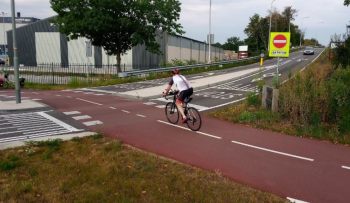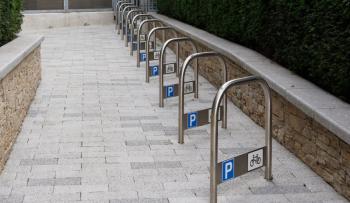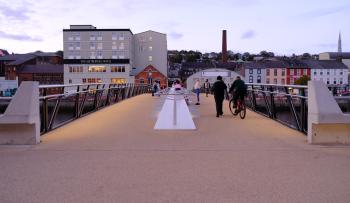
FLOW Project: Linking walking and cycling with congestion reduction
Cycling and walking measures are often regarded negatively in cities traffic departments. The perception is often that more cycling and walking facilities would increase congestion. But that is because current traffic models don’t take these active transport modes into account correctly (eg. a cyclist counts for half a car in the traffic model world). The goal of the FLOW project is to introduce accurate cycling and walking information into city traffic modelling systems. We hope that this will finally help traffic planners to correctly evaluate the value of cycling and walking measures on congestion. ECF is partner of FLOW “Furthering less congestion by creating opportunities for more walking and cycling”, a 3-years project funded by the European Commission in the frame of the Horizon 2020 programme. The project kick-off meeting took place June 10th-11th 2015 in Budapest, hosted by BKK, the public transport company of the Hungarian capital city. FLOW is the first project explicitly linking walking and cycling with congestion reduction. The project aims to integrate the FLOW methodology and congestion assessment tools into the current standard transport impact analysis process. Furthermore, six FLOW Partner Cities (Budapest, Dublin, Gdynia, Lisbon, Munich, Sofia) will apply the transport simulation models developed in the project, expecting to become lighthouse examples for other cities. 
- Log in to post comments
Contact the author
Recent news!
Contact Us
Avenue des Arts, 7-8
Postal address: Rue de la Charité, 22
1210 Brussels, Belgium









